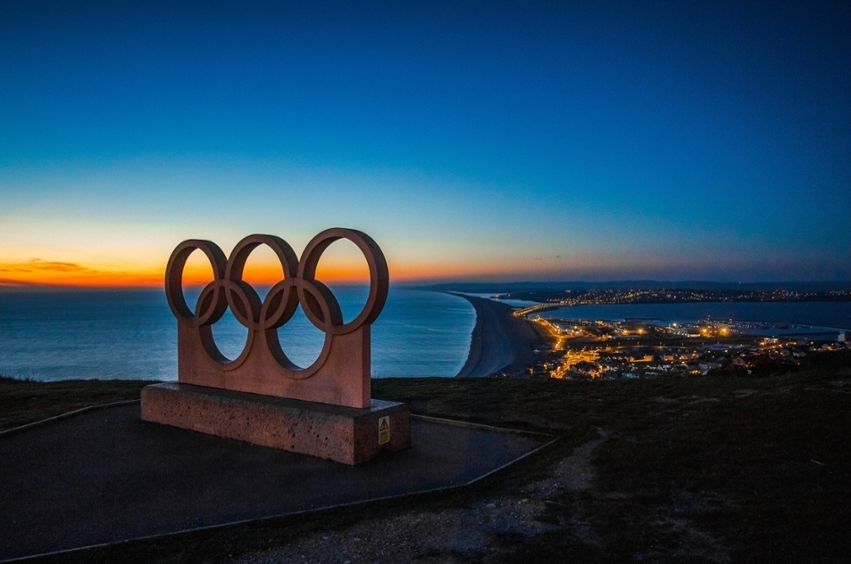Esports continues to dominate headlines, drawing millions of viewers, athletes and sponsors around the world. However, despite its massive popularity, a persistent question remains and that is: Will esports become an official part of the Olympic Games?
The International Olympic Committee (IOC) is now testing that very idea with a newly announced event: the Olympic Esports Games. This is set to debut in Riyadh, Saudi Arabia in 2027. But is this a genuine step toward esports joining the Olympics or just a side event with limited impact? Let’s take a closer look.
Not quite the Olympics
The Olympic Esports Games are not part of the Summer or Winter Olympics. Instead, it is a standalone event happening between Olympic cycles, similar to the Youth Olympic Games or Paralympics. The first edition, which was originally planned for 2025, was delayed two years to allow for better planning and coordination with publishers, teams and organizers. Now with a 12-year agreement in place between the IOC and Saudi Arabia, the event could be held there until 2037. This partnership signals a major strategic push by the kingdom to position itself as a global gaming and tech hub.
What to expect in Riyadh 2027
While the game list hasn’t been released yet, it’s expected that violent shooter games like Call of Duty and Counter-Strike will be excluded due to Olympic values. Instead, titles could include:
- Gran Turismo
- League of Legends
- Rocket League
- FIFA
- Street Fighter
- Just Dance
- Virtual Taekwondo
- Tennis Clash
These titles offer a balance between mainstream appeal and content that aligns with the IOC’s image. Another important distinction is the competition format. Unlike the traditional Olympics, which focus on athletes representing their countries. Most esports events are club-based. This has raised some concern from fans who want to see the Olympic spirit of national pride carried into esports.
Esports and betting promotions
As esports has matured into a global phenomenon, sports betting has followed closely behind. Major tournaments like The International, League of Legends Worlds and Valorant Champions now attract betting markets that are on par with traditional sports.
This has led to a sharp rise in betting promotions that target esports fans. From free bet offers to cashback bonuses and live odds boost, platforms are constantly innovating to draw in a younger and digital-native audience.
While official Olympic events are unlikely to allow direct sponsorship or marketing from betting companies, that doesn’t stop external betting platforms from offering markets on the outcomes. Whether it’s match predictions, tournament winner odds or fantasy esports leagues, it’s safe to say that the betting world will be watching Riyadh 2027 closely.
Still, the IOC is expected to enforce strict integrity guidelines, just as it does with traditional sports. This means any link between betting and the Olympic Esports Games will be kept at arm’s length.
Why esports still isn’t “officially” in the Olympics
Even though this new esports event carries the Olympic name, it still falls outside the main Olympic Games program. The Olympic Esports Games will not award traditional medals. Winners also won’t hear their national anthem or raise their flag on the podium. Instead, they’ll receive Olympic-branded trophies and recognition through digital broadcasts.

The control issue also looms large. Unlike traditional sports, esports titles are owned by private companies and provide gaming equipment and facilities. This is an additional barrier to cross. That means every game included in the Olympics must be negotiated individually, something that adds significant complexity to the planning process.
How new sports make it to the Olympics
Adding a new sport to the Olympic program is a careful, often lengthy process. The International Olympic Committee evaluates each sport based on factors like global popularity, youth appeal, gender equity and how well it aligns with Olympic values. Host countries can propose additional sports for their games; the final decisions rest with the IOC. This is how breakdancing (breaking) made its Olympic debut in Paris 2024. The inclusion sparked excitement but also some humorous skepticism from fans, especially when it came to Australian competitor, RayGun.
Esports, with its massive global fanbase and appeal among younger generations, fits perfectly into this evolving landscape. Whether it’s included officially in the main Olympic program or remains a separate event depends largely on how the IOC and host countries decide to proceed.
A step forward for esports and the Olympics
The 2027 Olympic Esports Games represent a significant step toward bridging the gap between traditional sport and esports events. Even though esports are not yet part of the official program, this event allows the IOC and the global community to explore the possibilities and challenges firsthand.
The door remains open for esports to gain a more official foothold in the future Games. Until then, esports athletes have a growing global stage to showcase their skills and fans can enjoy a new chapter of Olympic-affiliated competition.






 Your total news and information resource for all things Science, Technology, Engineering / Mathematics, Art, and Medicine / Health.
Your total news and information resource for all things Science, Technology, Engineering / Mathematics, Art, and Medicine / Health.
Leave a Comment